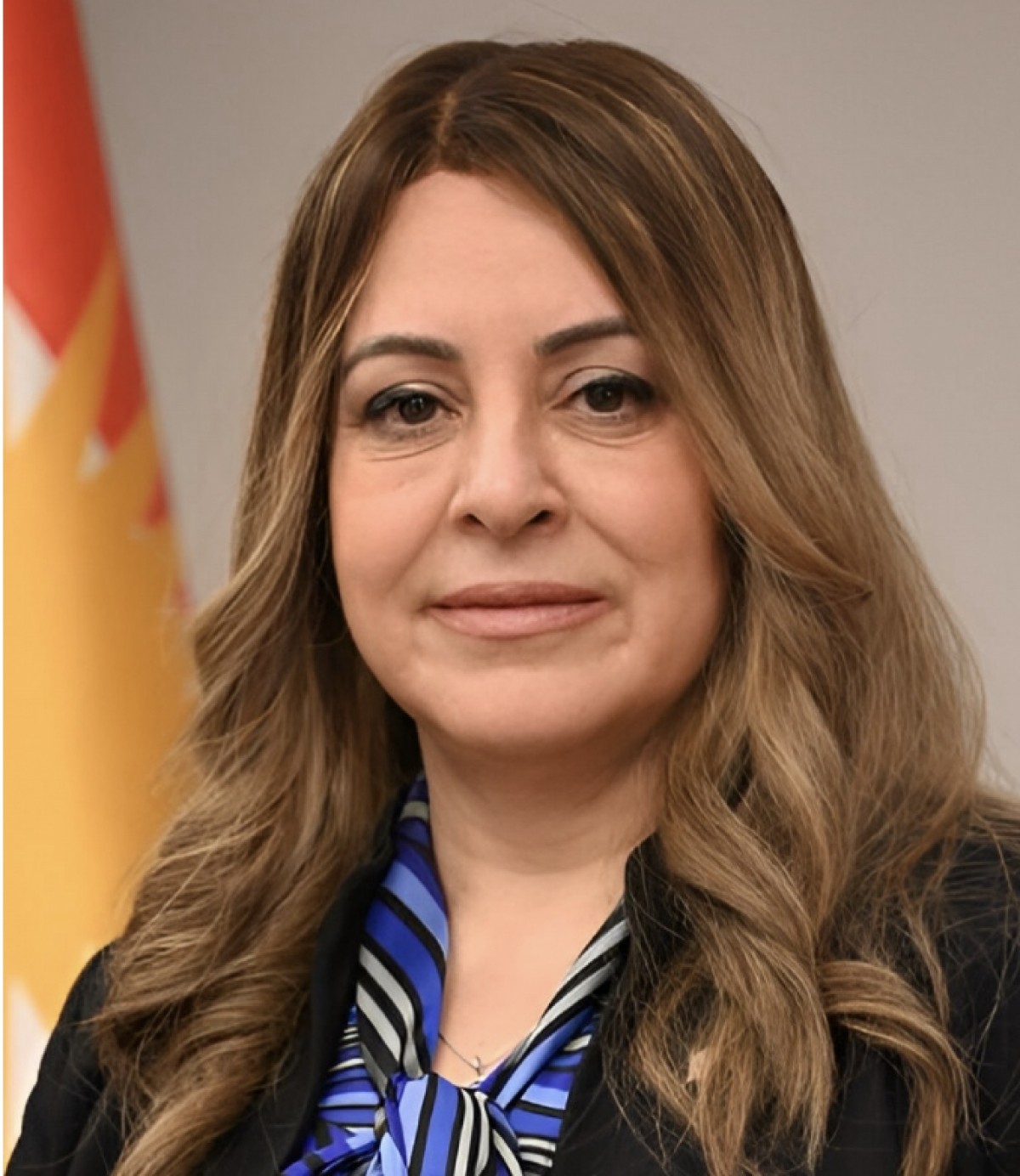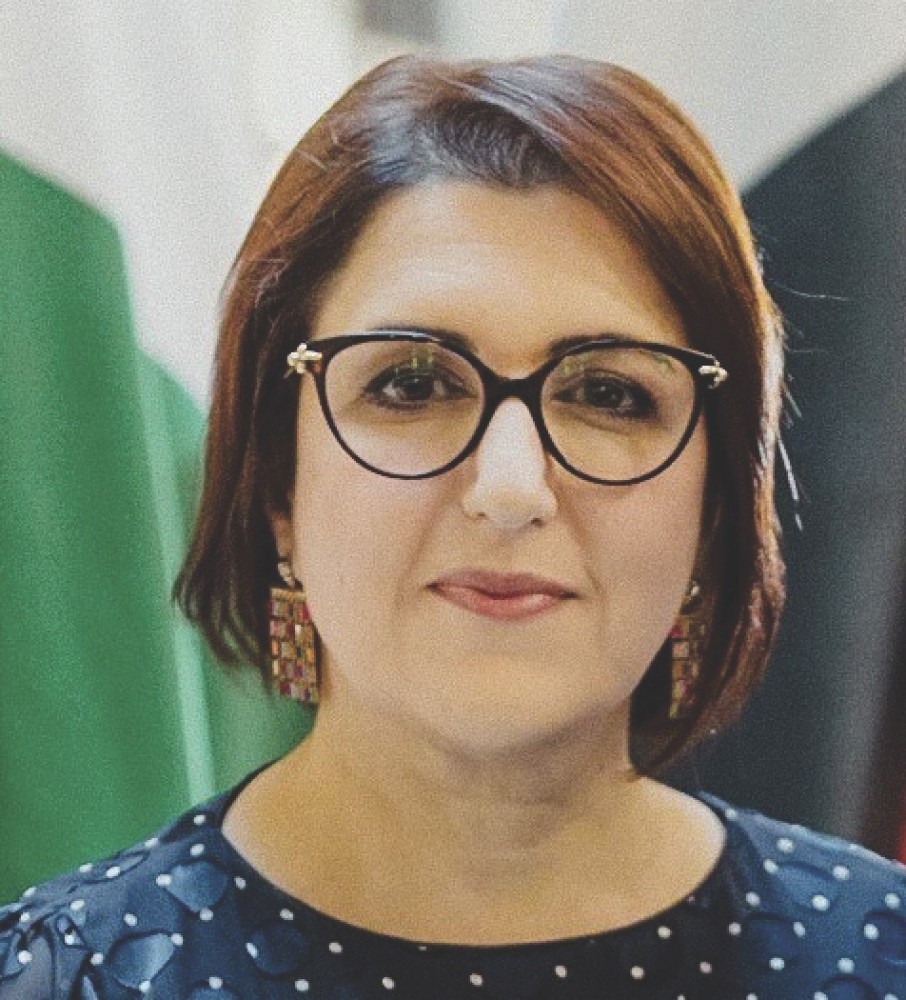Like many others, I love to travel and learn about other countries, their people, cultures, and histories. As someone of Kurdish descent, I have always been drawn to the history of other nations that have endured oppression, as well as those that have experiences of harmony and coexistence among diverse groups. My homeland of Kurdistan is similarly rich in cultural diversity yet scarred by efforts to silence its identity.
In April 2025, I visited Senegal, a West African country that I first learned about during the 2002 World Cup, when their team stunned the world by playing so beautifully and reaching the quarterfinals. Back then, I couldn’t have imagined that one day I would walk its streets and meet its people. My journey took me to one of the most haunting sites I’ve ever visited: Goree Island, a place once central to the transatlantic slave trade.

The island of no return
On a small stretch of land in the Atlantic Ocean, Goree Island is located just three kilometers off the coast of Dakar, the capital of Senegal. With its palm-lined streets and sandy beaches cooled by the waves of the Atlantic Ocean and the breeze, it resembles a small paradise, but it once was a place of torment. From the 15th to the 19th century, Goree was one of the largest slave-trading centers on the West African coast. Millions of enslaved Africans passed through this island on their forced journeys to the United States and other parts of the Americas.
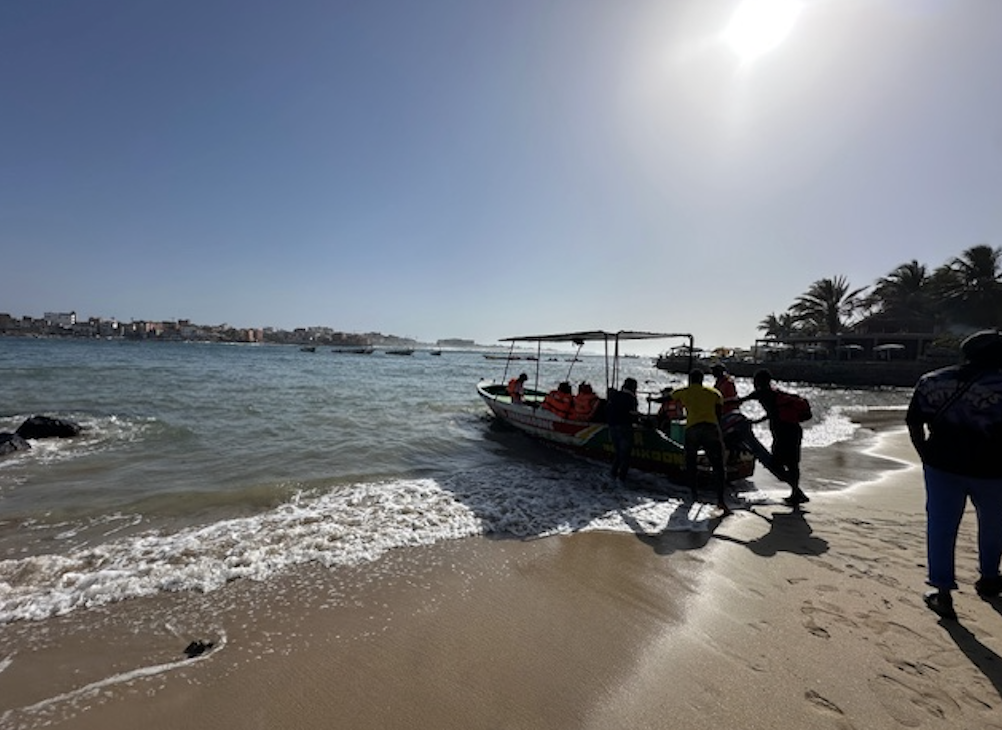
At the heart of Goree is the House of Slaves, a building whose preserved rooms and passageways echo the horrors of slavery and evoke a profound sense of shame for visitors. The opposite side of the house faces the sea, and there is only one door leading out – straight to the platform from which slaves boarded boats for their inhumane journeys across the Atlantic. Known as the “Door of No Return,” approximately 12 million individuals passed through it, if they didn’t die in captivity on the island itself. Some resisted and refused to accept their fate; they were either executed for rebellion, took their own lives, or threw themselves into the sea as they were being transported.
Goree Island, like the memorials in Kurdistan, has become a site of memory. It was declared a UNESCO World Heritage Site in 1978 and is visited by thousands of people every year. Many world leaders have visited as well, including former U.S. presidents Bill Clinton, George W. Bush, and Barack Obama, as well as Pope John Paul II, Nelson Mandela and former French Prime Minister Michel Rocard. These visits are acknowledgments of past wrongs, and of the need to confront history to move forward. In Kurdistan too, our memorials stand not only to mourn, but to teach. Memory is our resistance.
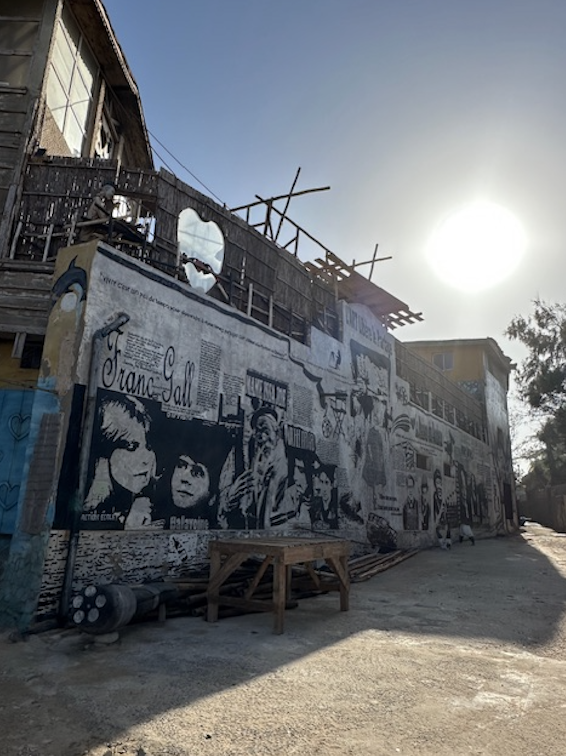
Senegal today: Harmony and diversity
Beyond Goree, Senegal impressed me with its cultural richness, religious tolerance, and political stability. A former French colony, it gained independence in 1960 under President Leopold Sedar Senghor, a poet-statesman who helped define African humanism. Since then, Senegal has stood out as one of the few African countries that has never experienced a military coup, a rare example of peaceful democratic transitions.
A popular theory states that the word Senegal comes from the words sunuu gaal, which means “our canoe” in Wolof, the country’s majority language. The spirit of coexistence in the country is similarly captured by the Wolof word teranga, which means a combination of hospitality, generosity, and sharing. Over 95% of the country is Muslim, yet Christians and followers of indigenous beliefs live side by side. More than 30 languages are spoken, but French is the official language, and Wolof is spoken by all.
Senegalese have their own religious festival, magal (celebration), held annually in October in the city of Toba, which is attended by millions of Muslims from across West Africa. The pilgrimage-like event commemorates the expulsion of Brotherhood founder Amadou Bamba, who was exiled to Gabon by France in the 1930s. During the ceremony, participants eat, pray, touch the shrine as they walk around it, and donate money, which they believe will bring them blessings and spiritual power.
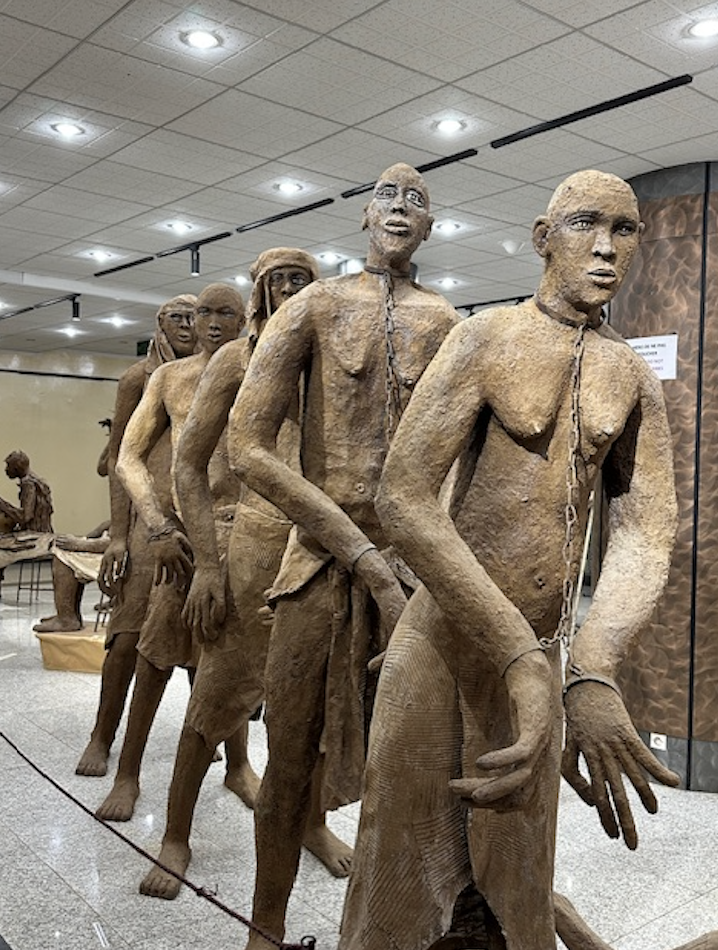
A story of struggle and promise
Senegal is not without its challenges. It remains one of Africa’s more expensive countries to live in, with high unemployment, corruption, reliance on agriculture, and growing debt. Many Senegalese rely on remittances from family members abroad. In the 16th and 17th centuries, Senegal was a key route for smuggling goods such as ivory and gold from Africa, in addition to its role as a hub for the Atlantic slave trade.
Yet the country is also looking to the future. It began producing oil in 2024 and has known gas reserves that might be exploited in the coming years. The country is a strong exporter of peanuts and beautiful textiles. Currently, it is focused on expanding its tourism sector, which includes nature resorts, wildlife parks, and safaris, in addition to their famous beaches. It is known as one of the best places in the world for bird watching – the national bird is the spoonbill, a long-legged wading bird like a stork – and wind surfing, respectively.
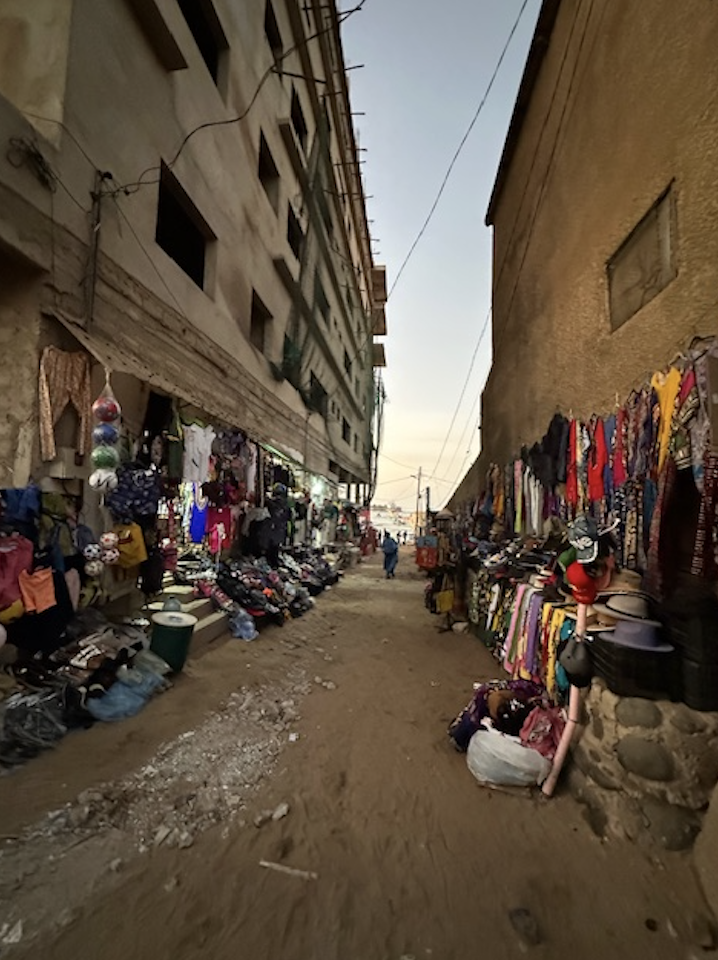
Food is a charm of Senegalese culture. Having long fished off their Atlantic coastline, their seafood combined with local ingredients has resulted in dishes such as supa kanja, which is the antecedent of gumbo, a dish now famous in the U.S. city of New Orleans. The country’s most popular dish is chebu jen (fish and rice), which is tastefully prepared with garlic, onion, cauliflower, and several other vegetables.
Perhaps the country’s most meaningful symbol – and the one that most resonated with me as a Kurd – is the baobab, a tall, thick tree that lives for about 5,000 years and bears fruit that is used for food, cooking, juice, and tea.
The suffering of Senegal’s past does not belong to Senegal alone. It belongs to all of us who have lived through or inherited the scars of oppression. As Kurds, we too know what it means to be silenced and exiled, but we also know what it means to remember and to demand dignity. Senegal was a reminder to me of the importance of speaking about the past and keeping our stories alive. It is only through memory that we can shape a better future.
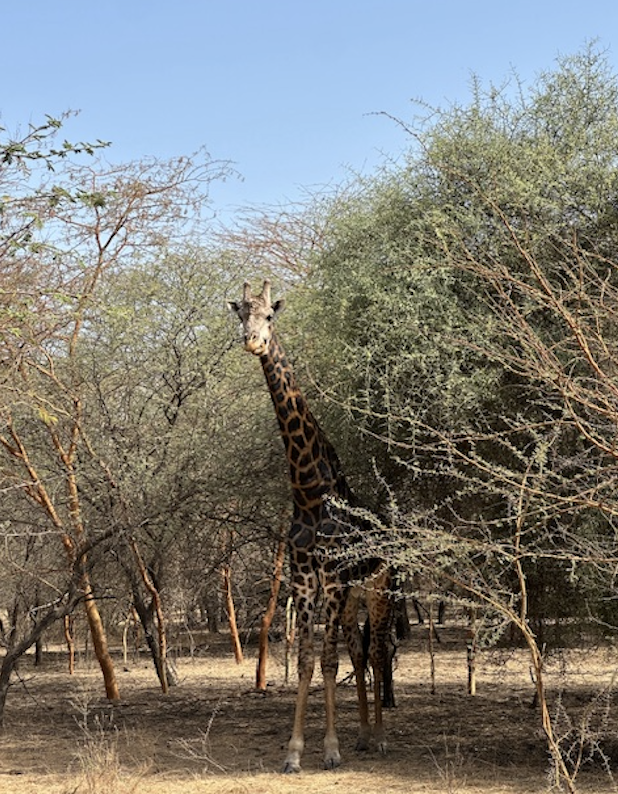
Sarbaz Hatam is a Kurdish journalist based in Erbil, Kurdistan Region.
